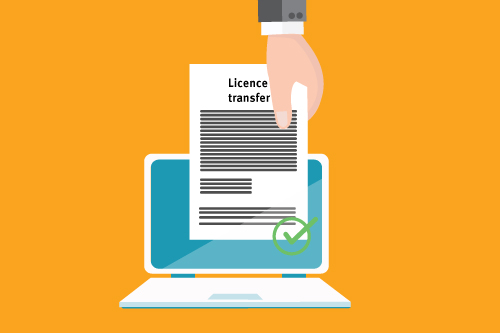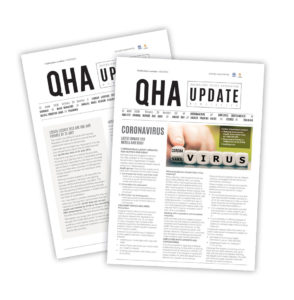Trial to improve licence transfer process
The Office of Liquor and Gaming Regulation (OLGR) is trialling new measures to help improve the efficiency of the licence transfer process. The new measures target delays caused by documents not being lodged to support a licence transfer application.
To speed up the licence transfer, in certain circumstances approved gaming plans and revised risk assessed management plans (RAMPs) can be lodged with OLGR after the licence is issued rather than at the time of application. As part of the trial, conditions will be placed on the licence that will require the licensee to submit the RAMP and approved gaming plans to OLGR no later than 60 days after the licence transfer is approved.
The trial for the lodgement of RAMPs will only apply where minor administrative changes are made (e.g. to reflect the new licensee entity as the party responsible for ensuring adherence to the RAMP’s provisions) and where there are no changes proposed to the business model.
If you are proposing to make changes to your existing business model, such as extending trading hours or making alterations to the premises, you will still need to submit a revised RAMP prior to the issue of a licence so OLGR is aware that you have appropriate measures in place to address risks relevant to your venue.
The trial will run for six months, after which OLGR will review the impact and effectiveness of the changes. OLGR will be monitoring compliance with the licence conditions closely. The success of the trial and continuation of the relaxations will depend upon your cooperation and compliance with the new licence conditions.
The best way to ensure your application is processed efficiently is to make sure you lodge a complete application with all required supporting documents in the first instance. The greatest cause of delay in licence transfers is lodging an incomplete application or not providing the information requested by OLGR. Some of the common matters that are missed include:
- incomplete application forms, including material required for police and creditworthiness checks
- missing or incorrect signatures
- insufficient information about associates or executive officers of the applicant.
OLGR has also reviewed the process for new gaming licence applications lodged in conjunction with an application to transfer a liquor licence. As a result, OLGR no longer requires new gaming machine applicants to supply tenancy documentation such as proof of ownership of the premises or a copy of an executed lease. Instead, OLGR has updated Form 3 – Application for a gaming machine licence. Applicants will now be required to declare that only the licensee has, or will have, a direct or indirect interest in the conduct of gaming should a licence be granted.
OLGR will also be further reviewing Form 3 – Application for a gaming machine licence and will be seeking feedback from industry on how the application forms can be improved for users.
OLGR trusts these new measures will be of benefit to the industry and thanks the Queensland Hotels Association for their ongoing feedback.



